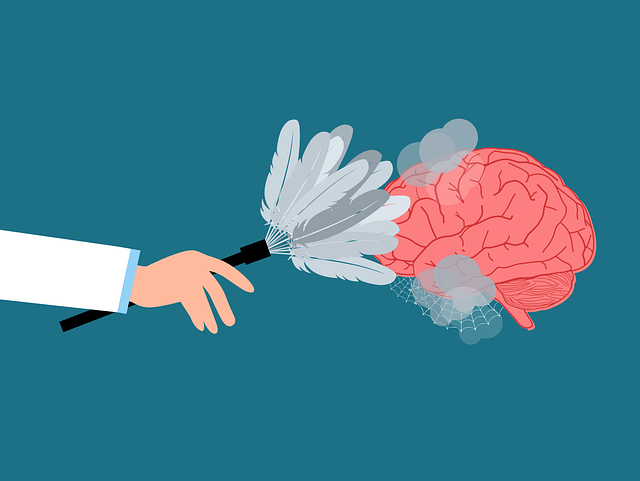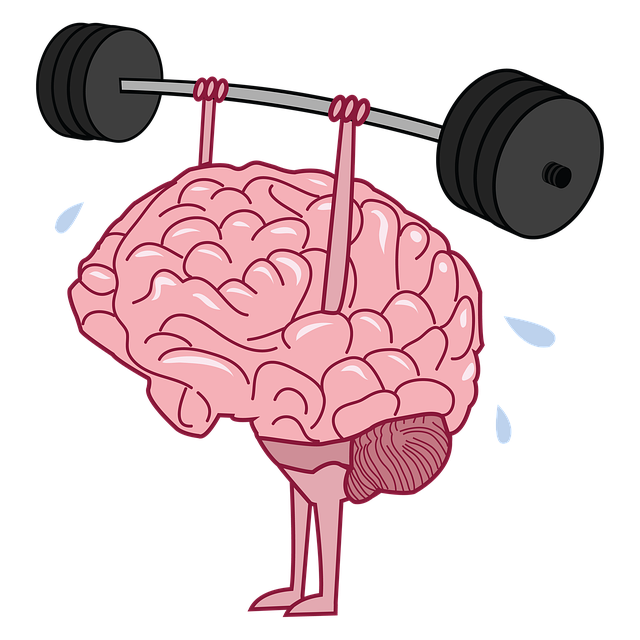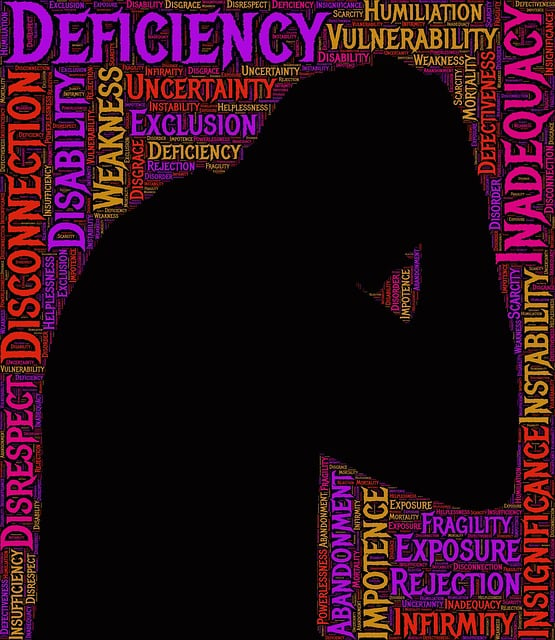Golden Chronic Pain Therapy (GCPT) offers a holistic approach to managing chronic pain by combining mental wellness journaling, risk management planning, and coping skills development. This method addresses the mind-body connection, empowering individuals to navigate emotional struggles, reduce stress, and improve overall well-being. GCPT incorporates mindfulness practices like meditation, deep breathing, and yoga, along with therapy, support groups, and art therapy, fostering self-awareness and community. By integrating these strategies, GCPT helps patients regain control over their pain journey and enhances quality of life.
In a world where chronic pain affects millions, developing effective coping skills is more crucial than ever. This comprehensive guide delves into understanding the profound impact of chronic pain and its effects on daily life. We explore the vital role of coping strategies in pain management, offering practical techniques for personal growth. From mindfulness to Golden Chronic Pain Therapy techniques, discover how to navigate this journey with resilience. By integrating evidence-based practices, individuals can transform their relationship with pain, fostering a holistic approach to well-being.
- Understanding Chronic Pain and Its Impact
- The Role of Coping Skills in Pain Management
- Effective Strategies for Developing Coping Skills
- Integrating Golden Chronic Pain Therapy Techniques
Understanding Chronic Pain and Its Impact

Chronic pain is a complex condition that can significantly impact an individual’s daily life and overall mental wellness. It is characterized by persistent or recurring pain that extends beyond the typical healing process, often lasting for months or even years. This condition goes beyond physical discomfort; it can lead to emotional distress, reduced quality of life, and decreased productivity. Many people struggling with chronic pain find themselves caught in a cycle of frustration, limiting their ability to engage in activities they once enjoyed.
Understanding the nature of chronic pain is crucial for developing effective coping strategies. One promising approach, often referred to as Golden Chronic Pain Therapy, emphasizes the importance of positive thinking and reframing one’s perspective. By incorporating mental wellness journaling exercises and risk management planning techniques, mental health professionals can guide individuals toward a more proactive mindset. This holistic strategy not only helps manage pain symptoms but also fosters resilience and promotes a sense of control, ultimately enhancing overall coping skills.
The Role of Coping Skills in Pain Management

Coping skills play a pivotal role in pain management, especially when dealing with chronic pain conditions that can significantly impact an individual’s quality of life. Golden Chronic Pain Therapy recognizes that simply treating the symptoms is not enough; it focuses on empowering patients with effective coping strategies to navigate and manage their pain effectively. By learning these skills, individuals gain a sense of control over their lives, which is crucial in mitigating the psychological effects often associated with chronic pain.
Incorporating trauma support services and risk assessment for mental health professionals is essential when addressing pain management. This holistic approach considers that chronic pain can be both a physical and emotional burden, potentially triggering or exacerbating depression. Coping skills development acts as a safeguard against these mental health risks by teaching patients adaptive behaviors to prevent and manage depressive symptoms. Effective coping mechanisms also help in reducing stress and anxiety, which are significant factors contributing to pain perception, thus enhancing overall well-being.
Effective Strategies for Developing Coping Skills

Developing coping skills is a multifaceted process that involves cultivating inner strength and resilience. One effective strategy is incorporating mindfulness practices into daily routines. Techniques like meditation, deep breathing exercises, and yoga can help individuals stay present, reduce stress, and enhance overall well-being. These practices promote self-awareness, enabling better understanding of one’s emotional responses to challenging situations.
Additionally, seeking support through therapy or joining support groups facilitates a sense of community and shared experiences. Group settings offer valuable learning opportunities and provide a safe space for open discussions. Engaging in creative outlets such as art therapy or journaling can also serve as powerful coping mechanisms, allowing individuals to express their emotions and gain new perspectives. These strategies, coupled with participation in Stress Management Workshops Organization and Mental Illness Stigma Reduction Efforts, contribute to the Golden Chronic Pain Therapy approach, fostering effective coping skills development for improved quality of life.
Integrating Golden Chronic Pain Therapy Techniques

The integration of Golden Chronic Pain Therapy techniques offers a transformative approach to coping skills development for individuals navigating long-term pain. This ancient practice leverages mindfulness, meditation, and breathing exercises to help individuals cultivate mental wellness and resilience. By incorporating these strategies into their routines, people can enhance their ability to manage chronic pain symptoms and improve overall quality of life.
Golden Chronic Pain Therapy goes beyond addressing physical discomfort by focusing on the mind-body connection. It encourages individuals to participate in self-care practices that promote self-esteem improvement and emotional well-being. Through tailored mental health education programs design, participants gain valuable tools to cope with pain episodes, fostering a sense of control and empowering them to actively engage in their healing journey.
Coping skills development is a powerful tool for managing chronic pain, as demonstrated by the principles of Golden Chronic Pain Therapy. By understanding the impact of chronic pain and leveraging effective coping strategies, individuals can enhance their overall well-being and quality of life. Integrating techniques from this therapeutic approach allows for a holistic management strategy, empowering folks to navigate their pain journey with resilience and hope.














